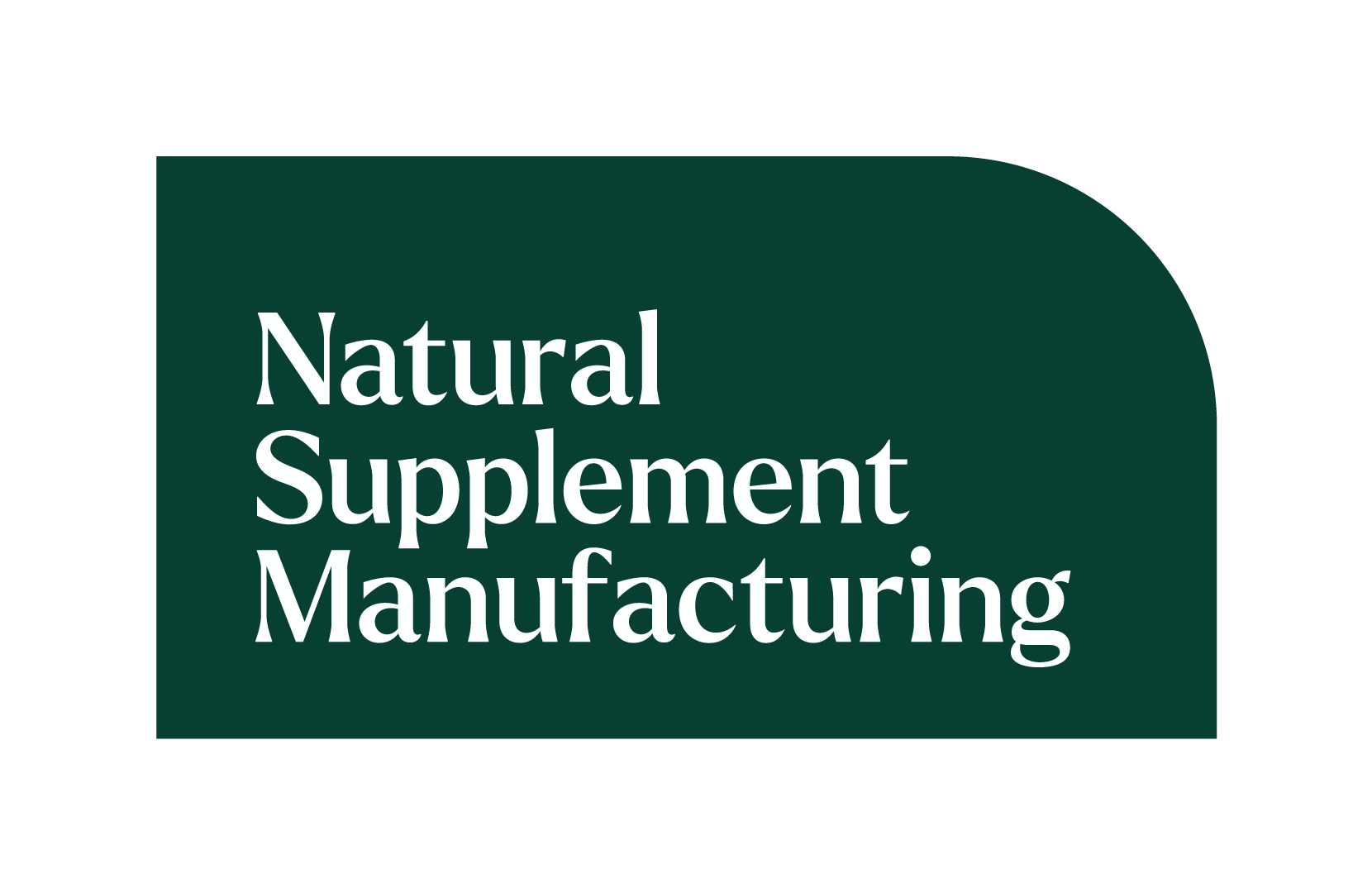GMP Certification and What it Means in the Supplements Industry

In manufacturing, GMP certification isn’t just a “nice-to-have” but a “must-have,” especially in the supplements industry. It is an essential set of strict standards that applies to a wide range of products in many industries, but it is even more essential for consumables such as supplements.
If you were wondering what being GMP-certified means and why it is crucial, this blog post is for you! In it, we’ll look at what it is, what it does, and why it is important.
What is GMP?
GMP is an acronym for Good Manufacturing Practices, a set of standards defined by the Food and Drug Administration (FDA). These standards can apply to many industries, such as skin care products, medical devices, pharmaceutical drug products, and, of course, dietary supplements.
Current good manufacturing practices standards aim to protect consumers from contaminated, unsafe, or defective products. GMP-certified Manufacturers make their products according to the standards and that the products are safe, effective, and consistent.
The GMP certification program will train employees and teams to follow these standards in the workplace. Some of the training topics will include equipment maintenance, cleanliness and hygiene of the manufacturing facility, quality control, and manufacturing processes.
Why is GMP Certification Important?
Establishes Consumer Trust
GMP certification has been gaining awareness as a symbol of trust and quality assurance. More and more consumers are looking for products with a GMP stamp of certification, as they know that they are buying a trustworthy and safe product.
Ensures Product Quality
GMP-certified products are made in accordance with strict standards, and consumers know that these products are made with quality, consistency, and effectiveness in mind.
Ensures Regulatory Requirements are Met
Different industries have specific GMP standards for their products. For example, what applies to the pharmaceutical and supplement industries would vary greatly from the textile and apparel industries.
By achieving GMP certification, manufacturers show that they are meeting the regulatory standards of their specific industry.
Adds a Competitive Edge
GMP-certified manufacturers are more trusted than non-certified competitors, and an increasing number of consumers will only buy from trusted sources. A GMP certification gives many manufacturers a competitive edge and an enhanced brand reputation.
Reduces Recalls
Product defects resulting in recalls are costly and severely damage a company’s reputation. By following GMP standards, the quality of products is assured, and the risk of product recalls can be significantly reduced, avoiding damage to the brand’s reputation.
Expands Market Access
Certain markets have strict regulatory requirements and only import GMP-certified products. By obtaining certification, manufacturers can get their products distributed into those markets that otherwise would be inaccessible.
How to Get GMP Certified
The certification process starts as the manufacturer looks at their current standards and compares them with GMP guidelines to identify any shortcomings. This usually entails a thorough audit of the following:
- Standard operating procedures (SOPs)
- Quality management systems
- Raw materials
- Assessments of their facility
- Production process
- Review of all documentation
- Review of equipment
- Review of personnel
Once the audit is complete, GMP will review the audit and highlight any issues. After this, the manufacturer is given some time to rectify the issues to comply with GMP’s standards.
A second GMP audit is then conducted, and if the manufacturer passes all the checks and meets all of the GMP requirements, the business will be GMP-certified.
Natural Supplement Manufacturing’s Commitment to GMP
Natural Supplement Manufacturing is an NSF/ANSI 455 GMP-certified manufacturer that complies with the National Science Foundation (NSF) standards.
NSF is a leading global organization that develops public health and safety standards, protecting the world’s water, food, consumer products, and the environment.
By getting our GMP certification with NSF, we demonstrate that all our private and white-label supplement products are in regulatory compliance with the highest quality standards and are effective and safe.
GMP Certification Frequently Asked Questions
How Long Does a GMP Certification Last?
GMP certifications last three years from the date they are issued.
Is GMP Certification Required?
GMP guidelines are often required by regulatory agencies and government authorities, such as the FDA (U.S. Food and Drug Administration), in the case of medicinal products in the pharmaceutical industry. GMP compliance is legally mandated for specific industries to ensure product safety and quality, but it is optional in others. It all depends on the market and the specific product.
Who Issues GMP Certifications?
GMP certifications are issued by FDA-authorized third parties like the NSF (National Science Foundation) and HSA (Health Sciences Authority), not the FDA itself.
